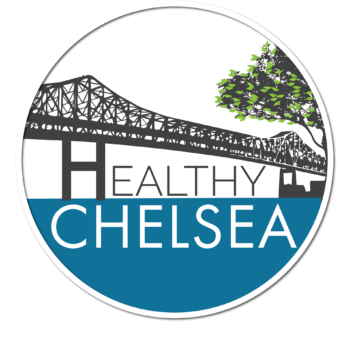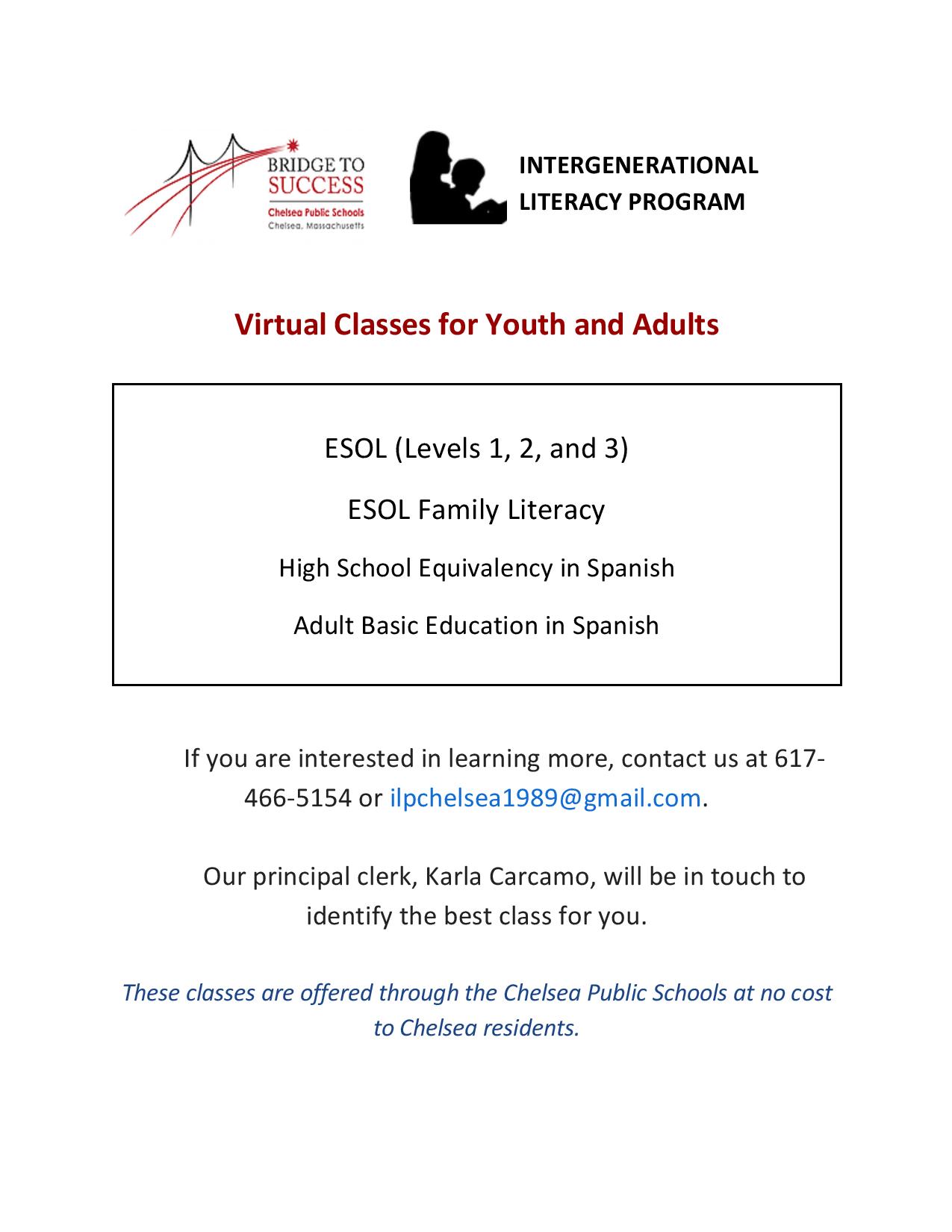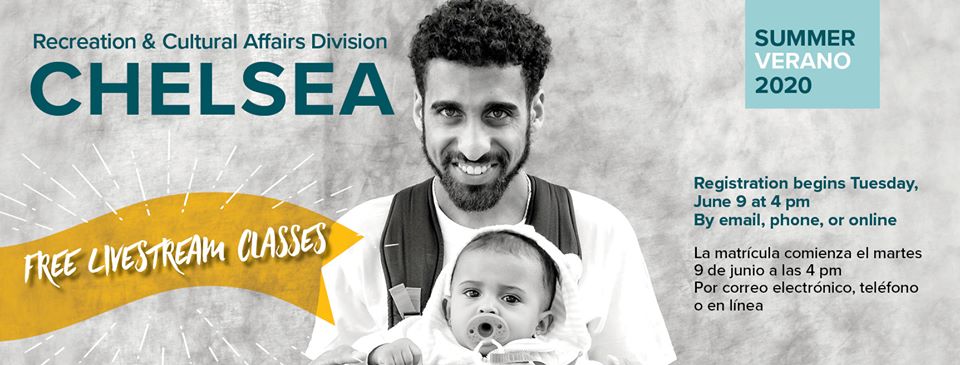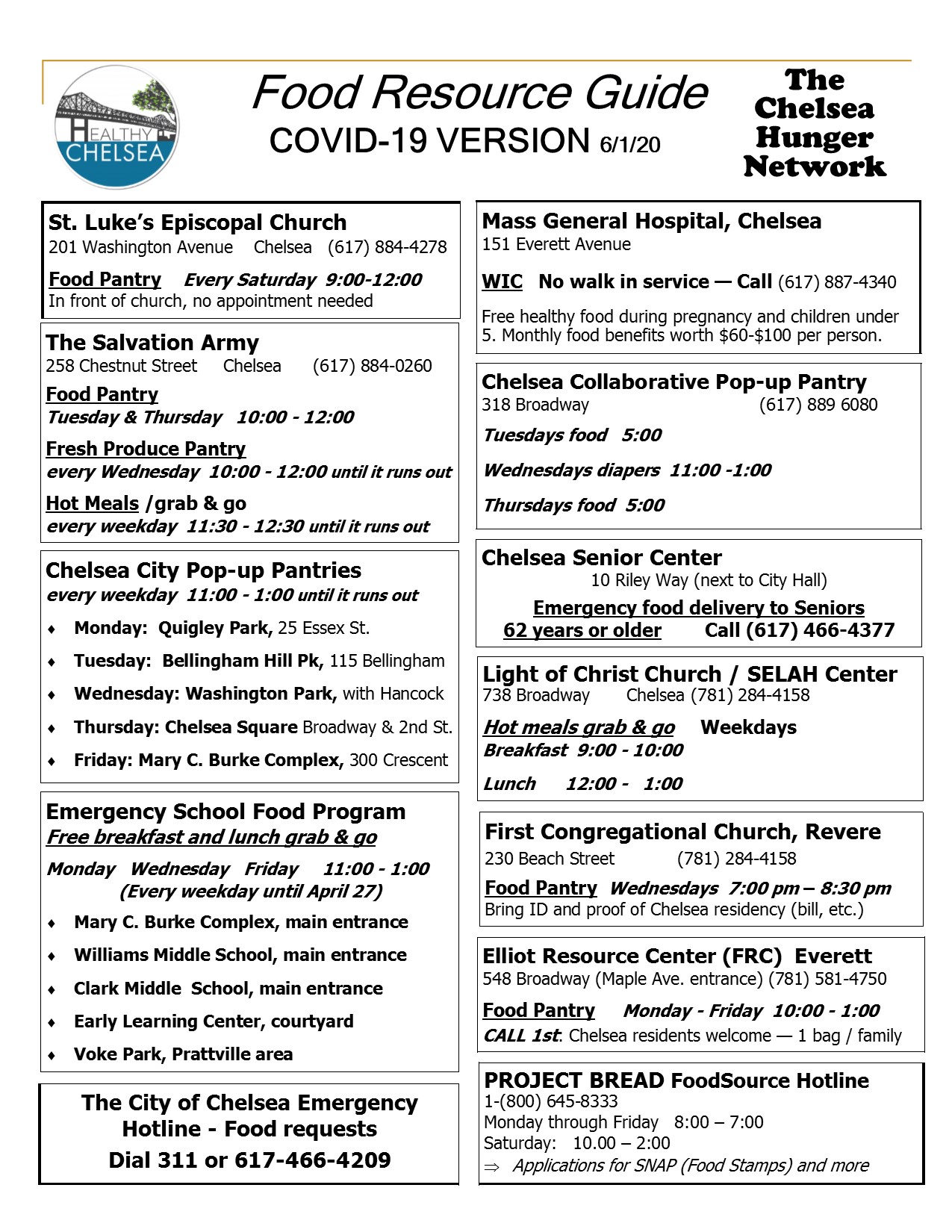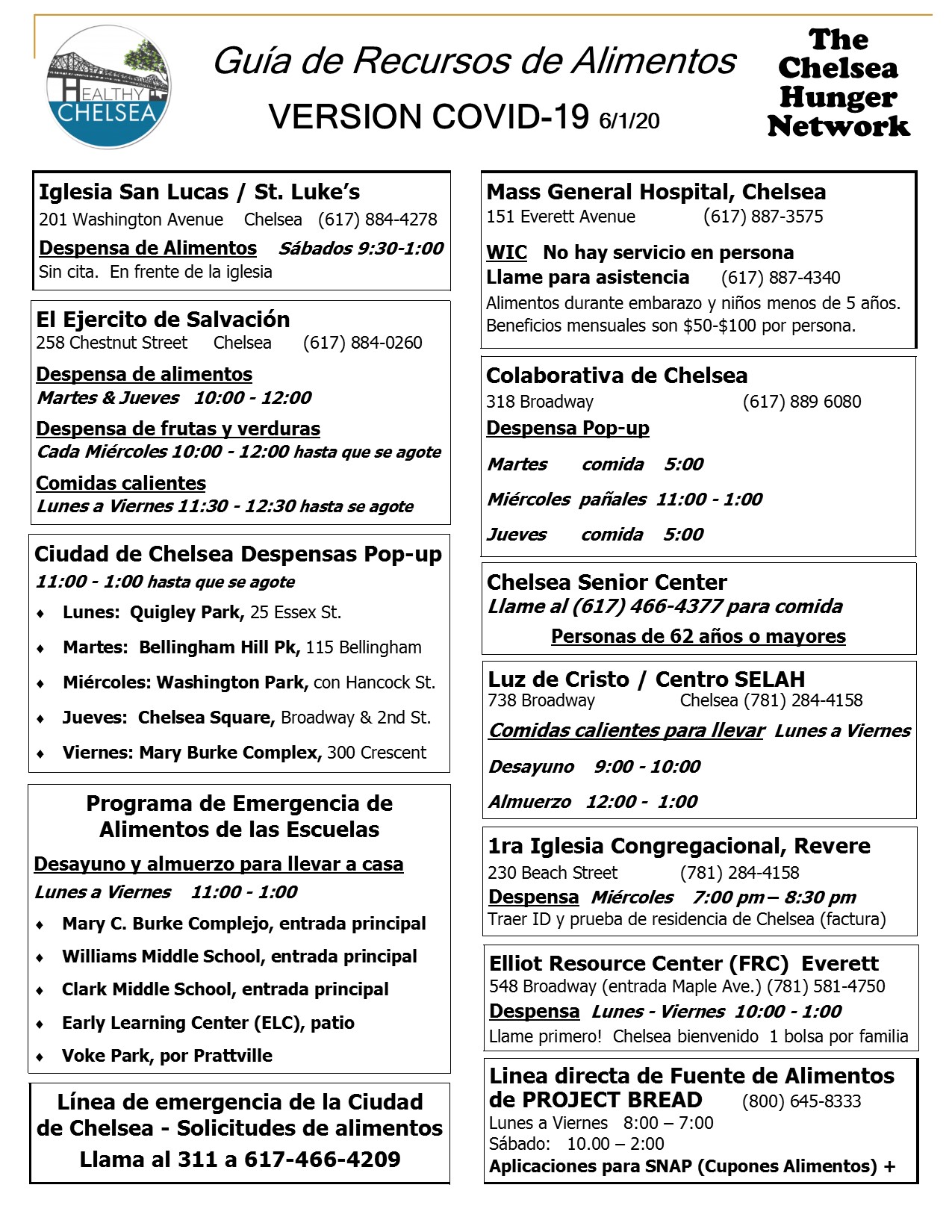Because your child’s first 5 years of life are so important, we want to help you provide the best start for your child. You’ve been invited to participate in an Ages & Stages Questionnaires, Third Edition (ASQ-3), online screening to help you keep track of your child’s development. The questionnaire may be provided every 2-, 4-, or 6-month period. You will be asked to answer questions about some things your child can and cannot do. The questionnaire includes questions about your child’s communication, gross motor, fine motor, problem solving, and personal social skills.
To participate in this screening study, please access the following URL by typing it into your Internet Browser:
Dado que los primeros 5 años de la vida de su niño/a son muy importantes, queremos ayudarle a que le de el mejor comienzo posible. Lo/la invitamos a participar en el sistema de evaluaciones Edades y Etapas, Tercera Edición (ASQ-3) en la red para que pueda llevar un control del desarrollo de su hijo/a. Los cuestionarios se pondrán a su disposición en periodos de 2, 4 o 6 meses. Se le pedirá que conteste algunas preguntas sobre actividades que su hijo/a puede o no puede hacer. Cada cuestionario incluye preguntas sobre habilidades en las áreas de comunicación, motora gruesa, motora fina, resolución de problemas y habilidades socio-individuales.
Favor de hacer el cuestionario ASQ por medio del enlace que aquí le damos:
